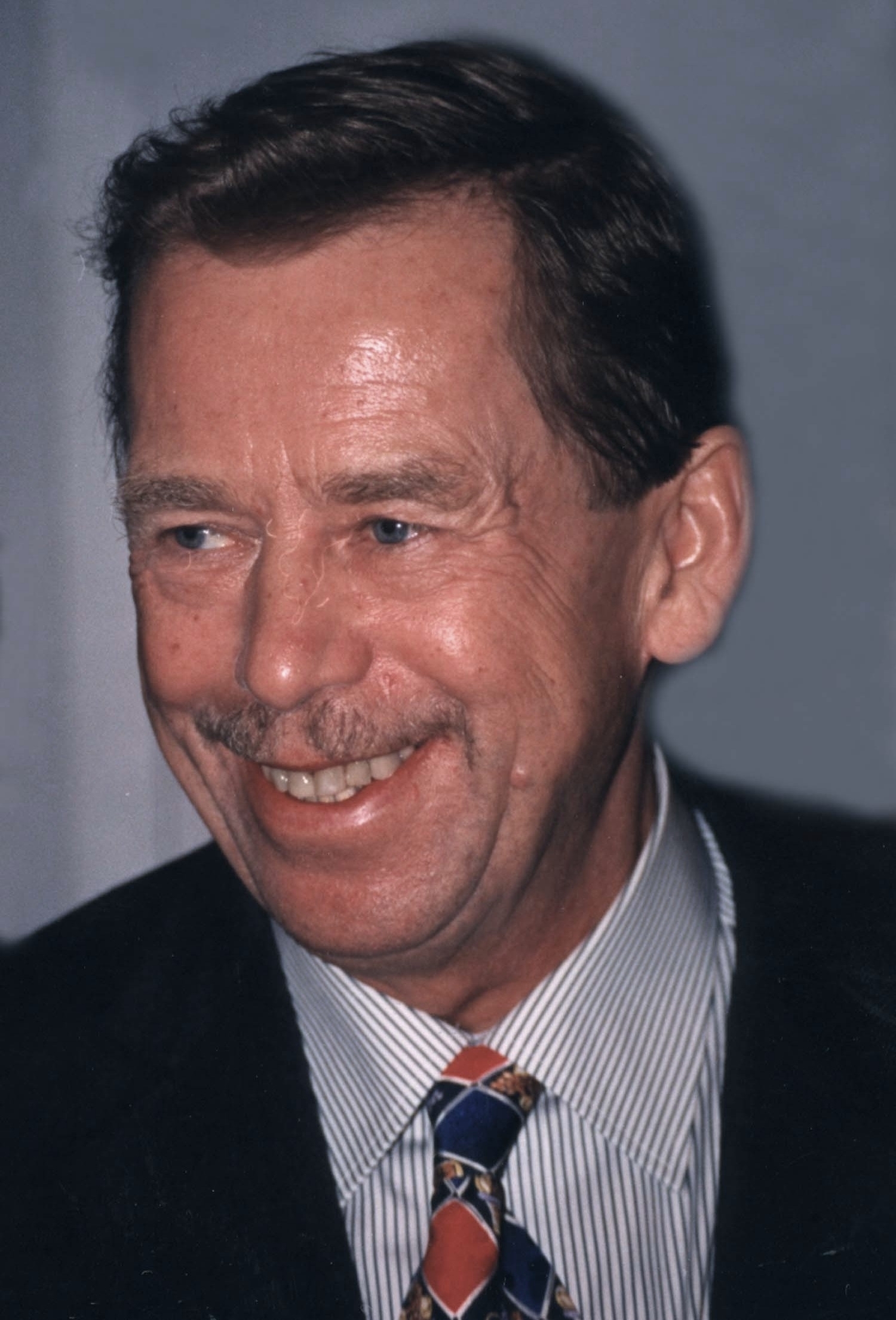Suggested Topics within your search.
Suggested Topics within your search.
disidenti
6
Exclude matching results
prezidenti
6
Exclude matching results
dejiny
4
Exclude matching results
českí dramatici
4
Exclude matching results
dissenters
3
Exclude matching results
politika a vláda
3
Exclude matching results
Czech dramatists
2
Exclude matching results
presidents
2
Exclude matching results
alternatívna kultúra
1
Exclude matching results
anti-communism
1
Exclude matching results
antikomunizmus
1
Exclude matching results
art works
1
Exclude matching results
artists
1
Exclude matching results
avant-garde (aesthetics)
1
Exclude matching results
big beat
1
Exclude matching results
divadelná teória
1
Exclude matching results
divadelní umelci
1
Exclude matching results
divadlo
1
Exclude matching results
európanstvo
1
Exclude matching results
európska integrácia
1
Exclude matching results
filozofické aspekty
1
Exclude matching results
hnutie za ľudské práva
1
Exclude matching results
hudba a štát
1
Exclude matching results
hudobný život
1
Exclude matching results
human rights movements
1
Exclude matching results
journalists
1
Exclude matching results
kultúra a spoločnosť
1
Exclude matching results
literatúra a spoločnosť
1
Exclude matching results
literárna tvorba
1
Exclude matching results
normalizácia, Česko-Slovensko, 1968-1989
1
Exclude matching results
Václav Havel
 Václav Havel (; 5 October 193618 December 2011) was a Czech statesman, author, poet, playwright, and dissident. Havel served as the last president of Czechoslovakia from 1989 until 1992, prior to the dissolution of Czechoslovakia on 31 December, before he became the first president of the Czech Republic from 1993 to 2003. He was the first democratically elected president of either country after the fall of communism. As a writer of Czech literature, he is known for his plays, essays and memoirs.
Václav Havel (; 5 October 193618 December 2011) was a Czech statesman, author, poet, playwright, and dissident. Havel served as the last president of Czechoslovakia from 1989 until 1992, prior to the dissolution of Czechoslovakia on 31 December, before he became the first president of the Czech Republic from 1993 to 2003. He was the first democratically elected president of either country after the fall of communism. As a writer of Czech literature, he is known for his plays, essays and memoirs.His educational opportunities having been limited by his bourgeois background under the Czechoslovak Socialist Republic, Havel first rose to prominence as a playwright. In works such as ''The Garden Party'' and ''The Memorandum'', Havel used an absurdist style to criticize the Communist system. After participating in the Prague Spring and being blacklisted after the Warsaw Pact invasion of Czechoslovakia, he became more politically active and helped found several dissident initiatives, including Charter 77 and the Committee for the Defense of the Unjustly Prosecuted. His political activities brought him under the surveillance of the StB secret police, and he spent several periods as a political prisoner, the longest of his imprisoned terms being nearly four years, between 1979 and 1983.
Havel's Civic Forum party played a major role in the Velvet Revolution that toppled the Communist system in Czechoslovakia in 1989. He assumed the presidency shortly thereafter, and was re-elected in a landslide the following year and after Slovak independence in 1993. Havel was instrumental in dismantling the Warsaw Pact and enlargement of NATO membership eastward. Many of his stances and policies, such as his opposition to Slovak independence, condemnation of the treatment of Sudeten Germans and their mass expulsion from Czechoslovakia after World War II, as well as granting of general amnesty to all those imprisoned under the Communist era, were very controversial domestically. By the end of his presidency, he enjoyed greater popularity abroad than at home. Havel continued his life as a public intellectual after his presidency, launching several initiatives including the Prague Declaration on European Conscience and Communism, the VIZE 97 Foundation, and the Forum 2000 annual conference.
Havel's political philosophy was one of anti-consumerism, humanitarianism, environmentalism, civil activism, and direct democracy. He supported the Czech Green Party from 2004 until his death. He received numerous accolades during his lifetime, including the Presidential Medal of Freedom, the Gandhi Peace Prize, the Philadelphia Liberty Medal, the Order of Canada, the Four Freedoms Award, the Ambassador of Conscience Award, and the Hanno R. Ellenbogen Citizenship Award. The 2012–2013 academic year at the College of Europe was named in his honour. He is considered by some to be one of the most important intellectuals of the 20th century. The international airport in Prague was renamed Václav Havel Airport Prague in 2012. Provided by Wikipedia
-
1Book
-
2
-
3
-
4
-
5
-
6
-
7
-
8
-
9
-
10
-
11
-
12
-
13
-
14
-
15
-
16
-
17
-
18
-
19
-
20